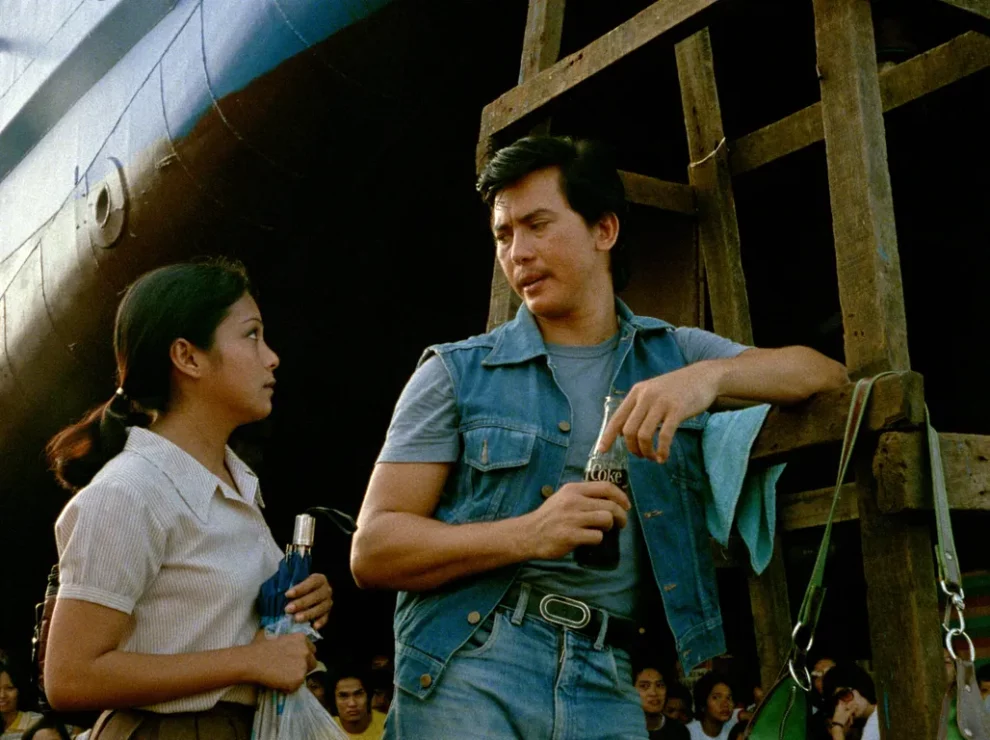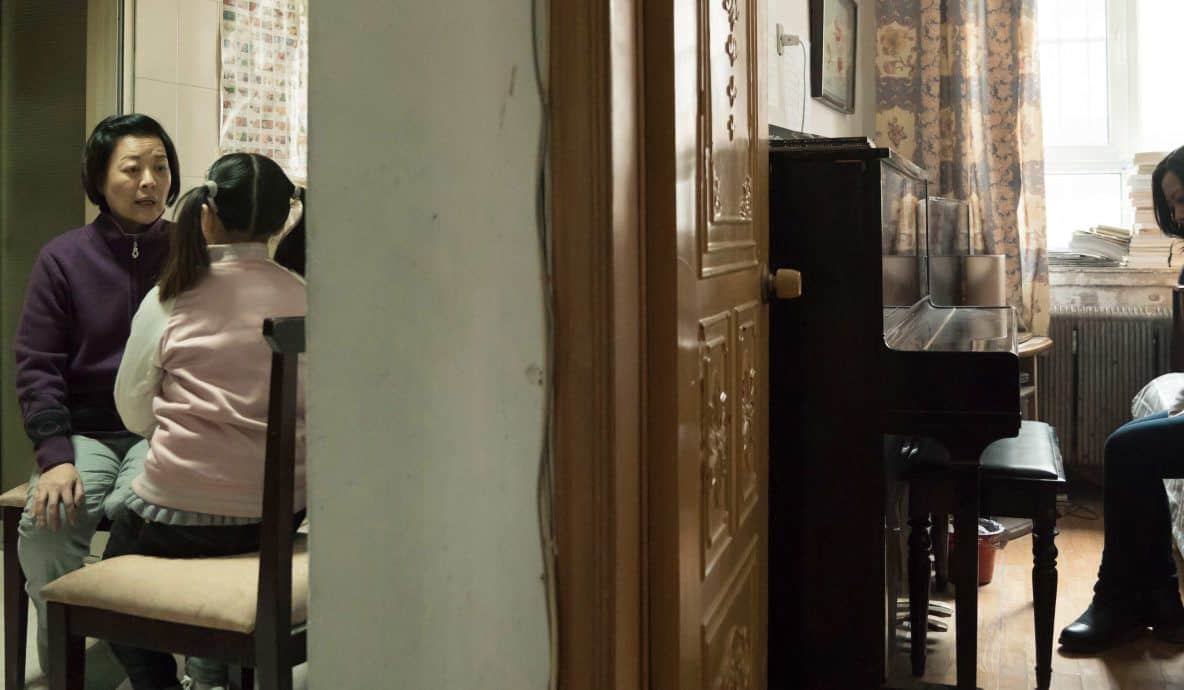Produced by Aunor's production company NV Productions and released as one of the official entries to the 6th Metro Manila Film Festival on December 25, 1980, the film was also shown at the Directors' Fortnight of the 1981 Cannes International Film Festival. This year, the iconic film which is considered one of the country's best of all time, is screening in Cannes, in a restored version.
Bona is screening in Cannes Film Festival

Bona is a middle-class schoolgirl who is besotted with a bit actor, Gardo, desperately trying to get his attention. Eventually she manages to do so, despite the fact that the man always seems to be in the company of another woman. The two, however, do not become a couple exactly, since she ends up in his house in the slums, essentially acting as his maid, cooking, ironing and cleaning his clothes and helping him with his baths. When her father learns of what she is doing, he beats her and a shattered Bona ends up living in Gardo's full time. Gradually, he even warms up to her, but his womanizing, alcohol-filled character soon comes to the fore, and Bona finds herself in total despair. The only one who seems to treat her as an actual person is Nilo, a nice guy from Gardo's neighbor, whom Bona though, ignores systematically, despite the fact he obviously likes her.
If you like Bona check this article
The concept of fandom has given us some masterpieces of international cinema, with “Perfect Blue” and “All About Lily Chou Chou” being some of the most renowned. It is easy to say that “Bona” is on the same level, with Lino Brocka coming up with a superb story about the downward spiral of a woman obsessed, while pushing the concept to its very extremes. The parallel with the way people treat the Black Jesus in the beginning of the movie is an indicative one regarding fandom, essentially setting the tone in subtle but pointed fashion.
Brocka moves even further with his comment, by having the person of adoration being not a star, which would justify the adoration to a point, but essentially an inconsequential bit actor. Her obsession, because this is what this is, and certainly not love in the way most people perceive it, looks more and more like addiction due to the fact, and because no matter what her family says to her or how Gardo is treating her, she remains close to him, in a downward spiral seemingly with no end.
At the same time, one could also describe their relationship as rather toxic: After a certain point, he begins treating her slightly better, at least by refraining from bringing girls into the house making her feel utterly lucky to “have” him, additionally because she lacks control over her own life. As the story progresses, his treatment of her becomes increasingly worse, mirroring the initial stages of their relationship. This makes both their relationship and her downward spiral even more dramatic to witness. Similarly, the ending provides a catharsis that echoes the conventions of ancient tragedy, solidifying the melodramatic and realistic foundations of the story.
Nora Aunor in the titular role is a wonder to look at throughout the movie. Her initial longing, her tenacity which eventually brings her what she wants (or at least what she thought she wanted) and the way she receives all the violence that comes from every corner is truly astonishing. Particularly her looks of discomfort every time Gardo exhibits his awful tendencies will stay on the mind of every viewer. Phillip Salvador as Gardo is definitely on a lower level, since “Bona” was evidently a vehicle for his co-protagonist but still manages to shine as a self-centered, spoiled, cruel womanizer. The antithetical chemistry of the duo is also excellent, in another of the film's traits.
Conrado Baltazar's cinematography captures the dead-end nature of the slum with artistry and realism, with the difference between that setting and the one Bona grew up being palpable in all aspects. The frequent close-ups to Aunor's face are evidently there to highlight the actress, but do work quite well considering how expressive she can be. The various moments featuring a number of people are also rather well presented, with the party and the funeral being the ones that stand out. These scenes showcase Brockas knack in directing many people at the same time, while the latter is definitely one of the most memorable in the whole movie, due to the suddenness of the event that takes place.
Augusto Salvador's editing results in a relatively fast pace that suit the somewhat episodic structure of the narrative, while at 85 minutes, the movie definitely does not overextend its welcome.
“Bona” is a great film that has truly stood the passing of time, highlighting the fact that Filipino cinema of the era was truly Golden.













